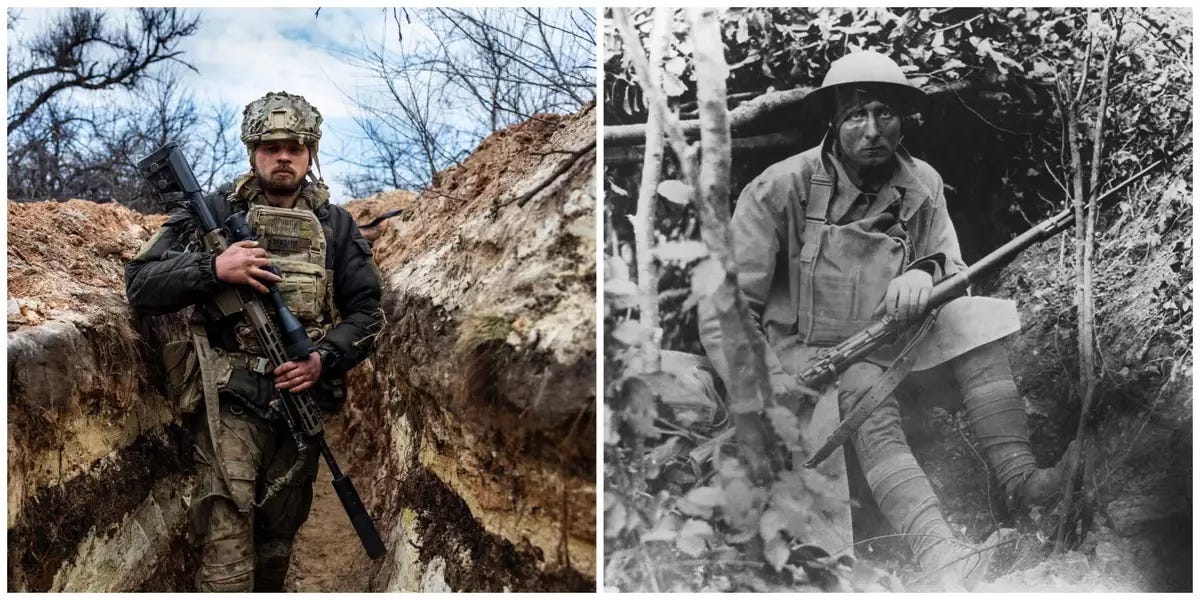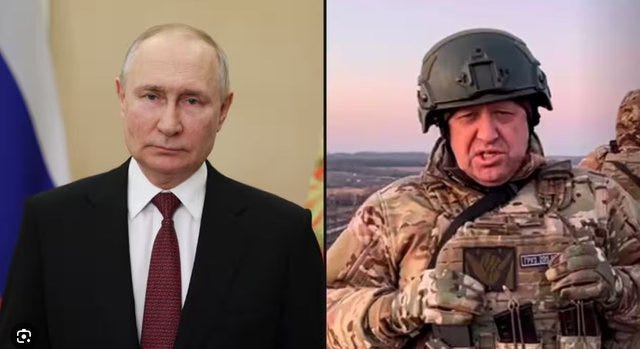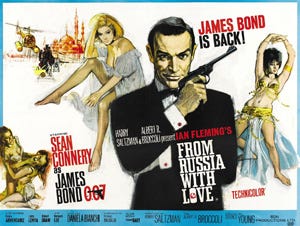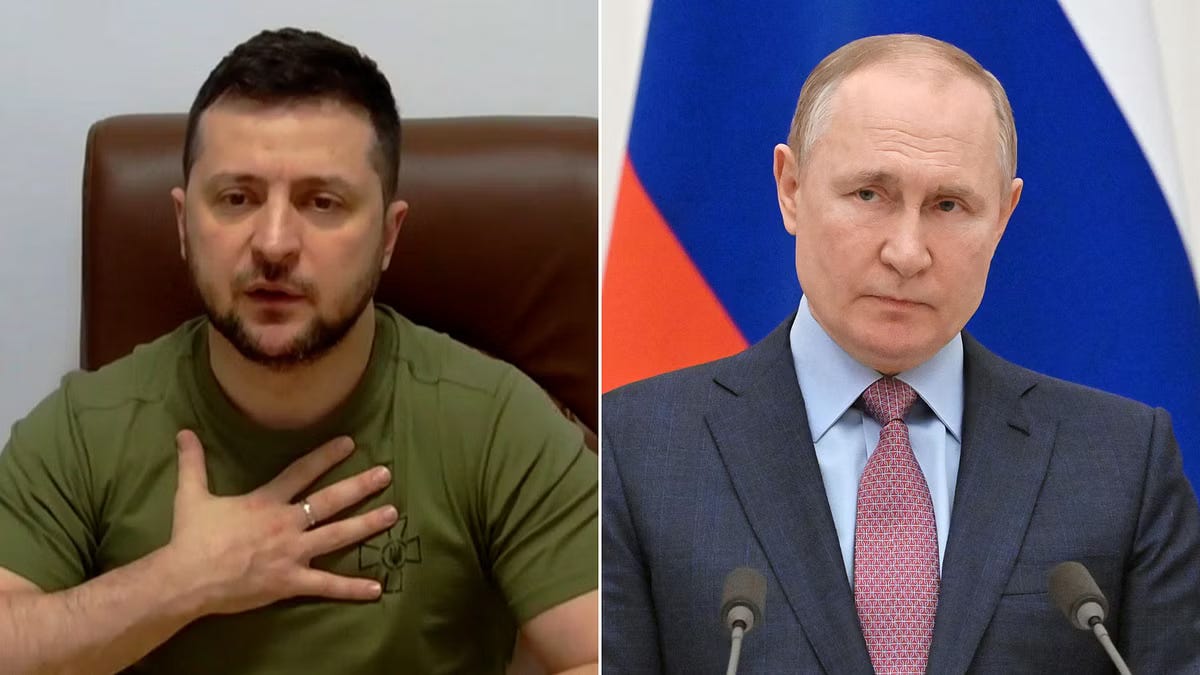W.J. Astore
No charity, just more “investments” in Ukraine
I saw the following oped at the Boston Globe yesterday morning:
If Republicans won’t stand up to Putin, he won’t stand down in his threats to American interests
Helping Ukraine fight off Russia is not an act of charity. It is a vital investment in world security.
There’s so much to write about here. First, as Vice President Kamala Harris has already said, charity is now a bad or disreputable idea. Helping Ukraine is not about charity, apparently because that message doesn’t resonate strongly with Congress. So, what does resonate? The idea of war as “a vital investment.” Apparently, if the House approves $61 billion in more aid to Ukraine, the payoff will be “world security.” How can you argue against that, right?
Second, apparently Republicans who oppose another $61 billion in aid to Ukraine, on top of roughly $120 billion in aid already provided since the Russian invasion two years ago, are all Putin appeasers. They are weak, refusing to “stand up to Putin.” Apparently Democrats are strong because they are standing up to Putin.
In sum, if America wants to be smart and strong, it must “invest” in more war against Putin and Russia.

I’m sorry but I never see war as an “investment.” Perhaps I would if I were the CEO of Boeing or Raytheon, but I’m not. I see war as “all hell,” as Civil War general William T. Sherman famously said. It’s horrific, it’s wasteful, it’s the negation of humanity. Sorry: no “vital investments” in war for me.
The war isn’t going well for Ukraine. Russia currently has the edge, Ukraine is short on troops and ammunition, and now might be a propitious time for serious negotiations to end the killing, before Ukraine collapses. Yes, in seeking peace, Ukraine will probably have to cede territory. Yes, perhaps Putin will sell this as a Russian victory. But I very much doubt that Putin’s costly “victory” in Ukraine will embolden him to launch attacks on NATO countries. He knows he would risk total defeat and nuclear war if he did so, and Putin, whatever else he is, is no fool.
Meanwhile, the French are making noises about the possibility of European troops deploying to Ukraine to fight against Russia. This would be folly in the extreme, turning a regional Russia-Ukraine conflict into a more general European war on Russia, with echoes to World War II.
Here’s how Reuters put it:
French President Emmanuel Macron wanted to create “strategic ambiguity” by openly discussing the idea of sending Western troops to Ukraine. Listen to Europe Affairs Editor Andrew Gray discuss the reaction to Macron’s comments.
I love that term, “strategic ambiguity.” Is that a good idea, creating “strategic ambiguity” against Russia, a nuclear power with the ability to destroy the world? Macron was being recklessly idiotic here.
Forget about “investments” in more war and strategic ambiguity. Try charity and peace. It’s time to end the killing.










